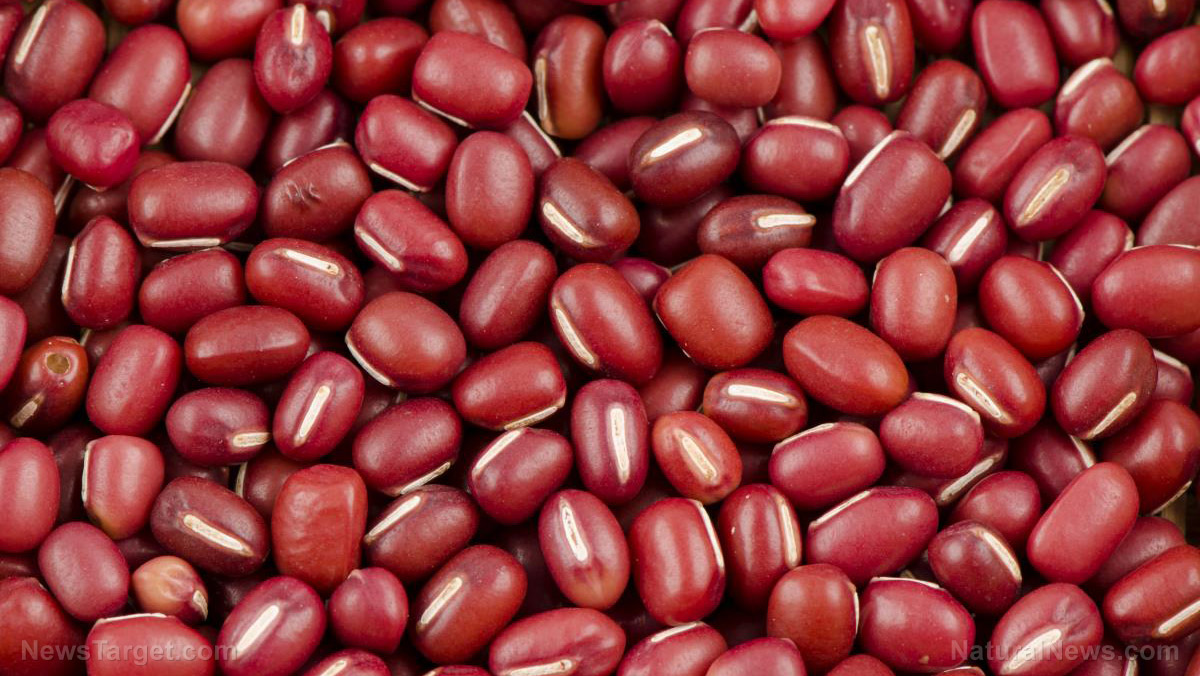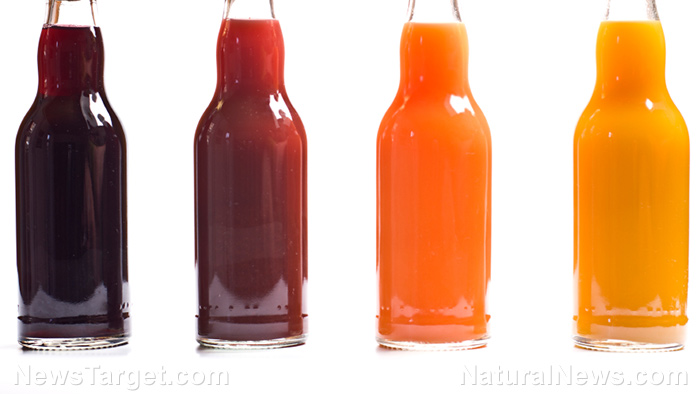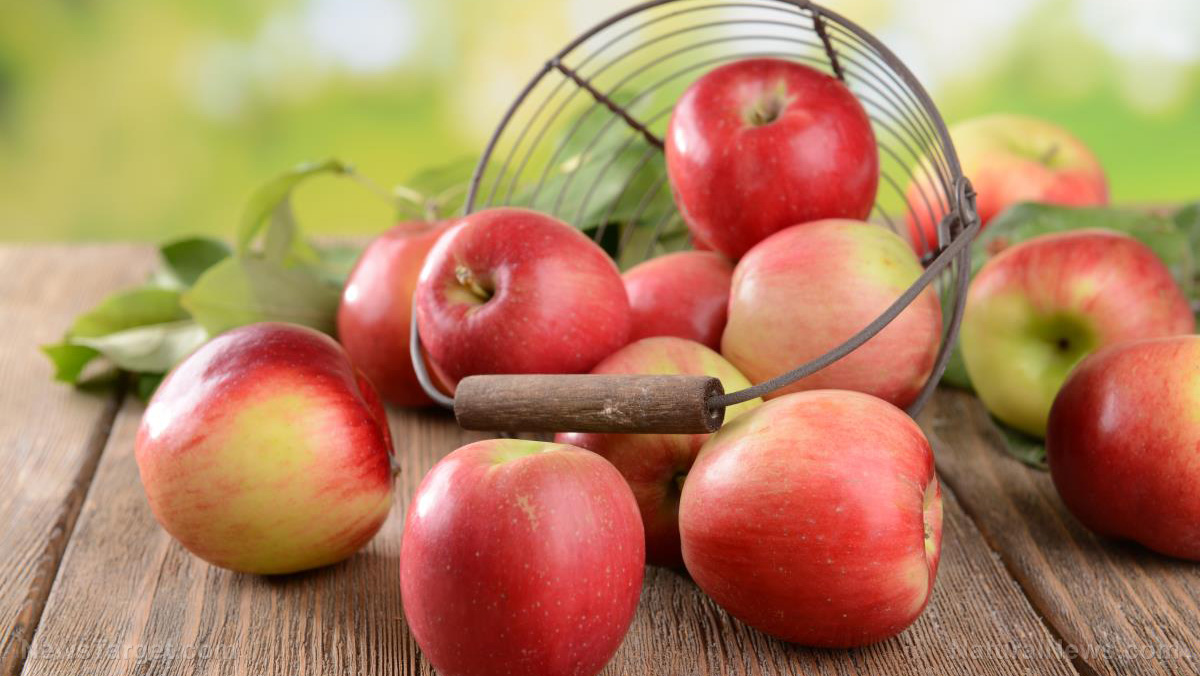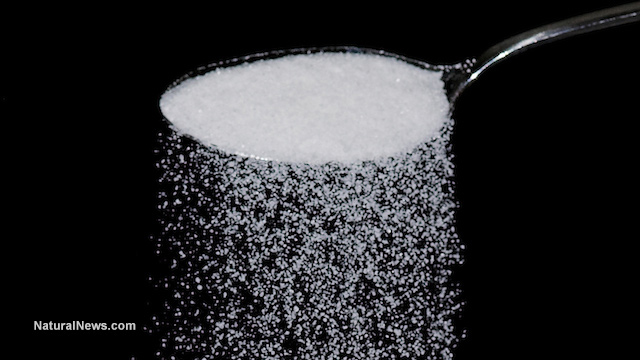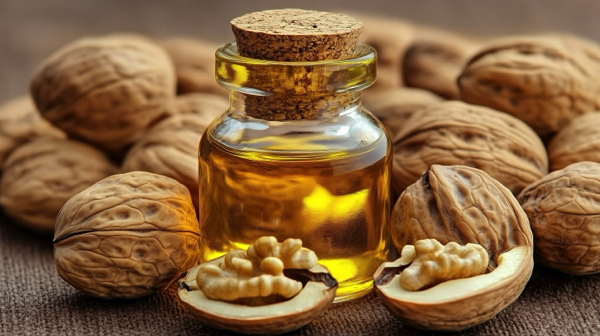Study: Dark chocolate and tea may lower blood pressure as effectively as medication
05/24/2025 / By Ava Grace

- Foods like dark chocolate, tea (green/black), apples and grapes—rich in natural flavan-3-ols—can reduce systolic blood pressure by ~6 points and diastolic by ~3 points, rivaling prescription medications.
- The study emphasizes whole foods (not isolated supplements) for optimal benefits, with a daily target of ~586 mg flavan-3-ols (e.g., 2 oz dark chocolate, three cups of tea, or two apples).
- Flavan-3-ols improve blood vessel function (flow-mediated dilation), reducing heart disease risk. Even a one percent improvement in dilation correlates to a 10 percent lower risk.
- The benefits are most significant for those with high blood pressure; there was minimal effect on normal readings. Diabetics saw inconsistent results, suggesting tailored dietary approaches.
- These foods cause fewer side effects than medications (0.4 percent mild issues). Experts recommend moderation (e.g., more than 70 percent cocoa chocolate), consistency, and not replacing medical treatment.
For millions of Americans struggling with high blood pressure, the solution might be as simple as a morning cup of tea or a square of dark chocolate.
A groundbreaking international study published in the European Journal of Preventive Cardiology (EurJPC) back in March reveals that certain everyday foods rich in natural compounds called flavan-3-ols can reduce blood pressure nearly as effectively as prescription medications. The findings challenge the notion that expensive supplements or exotic superfoods are necessary for heart health, offering instead a practical, affordable, and enjoyable alternative.
The study authors analyzed 145 clinical trials involving over 5,000 participants, spanning nearly eight decades of medical research. The results showed that foods like dark chocolate, tea (both green and black), apples and grapes contain enough flavan-3-ols to significantly impact cardiovascular health.
In individuals with high blood pressure, daily consumption of these foods reduced systolic pressure (the top number) by an average of six points and diastolic pressure (the bottom number) by three points – comparable to standard hypertension drugs. (Related: Dark chocolate may be nature’s perfect superfood.)
Unlike synthetic supplements, these foods work through a complex interplay of natural compounds, making them both effective and accessible. The study emphasizes that whole foods, rather than isolated extracts, deliver the most benefit.
Your heart’s new best friend: Flavan-3-ols
Flavan-3-ols improve blood vessel function by enhancing flow-mediated dilation – a measure of how well arteries expand to accommodate blood flow. This effect occurs independently of blood pressure changes, suggesting broader cardiovascular protection. For context, even a one percent improvement in this measure correlates with a 10 percent reduction in heart disease risk.
The optimal daily dose found in the study was approximately 586 milligrams of flavan-3-ols, achievable through:
- Dark chocolate: 56 grams (about two ounces) of 75 percent cocoa
- Tea: 700 milliliters (roughly three cups)
- Apples: Two medium-sized fruits
The benefits were most pronounced in people with elevated or high blood pressure, mirroring the effects of prescription medications. Those with normal readings saw minimal changes. Notably, individuals with diabetes did not experience consistent improvements, indicating that dietary strategies may need adjustment for specific health conditions.
Unlike blood pressure medications, which often carry side effects, flavan-3-ols-rich foods caused minor issues (like mild stomach discomfort) in only 0.4 percent of participants. However, researchers caution against high-dose supplements, which may interact with medications or harm the liver. Instead, they advocate for whole-food sources as part of a balanced diet.
Hypertension affects nearly half of U.S. adults and is a leading risk factor for heart disease and stroke. For decades, doctors have emphasized salt reduction, exercise and diets like the Mediterranean regimen. This study adds another tool, one rooted in centuries-old dietary habits. Tea and cocoa have long been celebrated in traditional medicine, but modern science now validates their role in heart health.
Lead study author Dr. Christian Heiss, a cardiovascular medicine professor at the University of Surrey, suggested choosing dark chocolate with at least 70 percent cocoa. He also advised opting for cocoa powder in milk as a lower-calorie alternative.
Nevertheless, Heiss reiterated moderation. Portions should be limited to 20 to 30 grams daily to avoid excess sugar and calories. He stressed that these foods complement – not replace – medical treatment and should be consumed consistently for long-term benefits.
In a world obsessed with quick fixes and expensive wellness trends, this research offers a refreshing truth: some of the best medicine is already in your pantry. A daily ritual of tea and dark chocolate enjoyed wisely could be a simple, pleasurable step toward better heart health.
Watch this clip about the 10 health benefits of dark chocolate.
This video is from the All About Herbs channel on Brighteon.com.
More related stories:
Researchers: Dark chocolate enhances cognitive function.
Dark chocolate prevents damage from strokes.
“Super tea” has 10 times more antioxidants than regular green tea.
What’s in a name? Learning the difference between black tea and green tea.
Sources include:
Submit a correction >>
Tagged Under:
alternative medicine, apples, blood pressure, cardiovascular disease, dark chocolate, flavan-3-ols, food cures, food is medicine, Heart, heart disease, heart health, hypertension, nutraceuticals, phytonutrients, research, reverse heart disease, tea
This article may contain statements that reflect the opinion of the author

